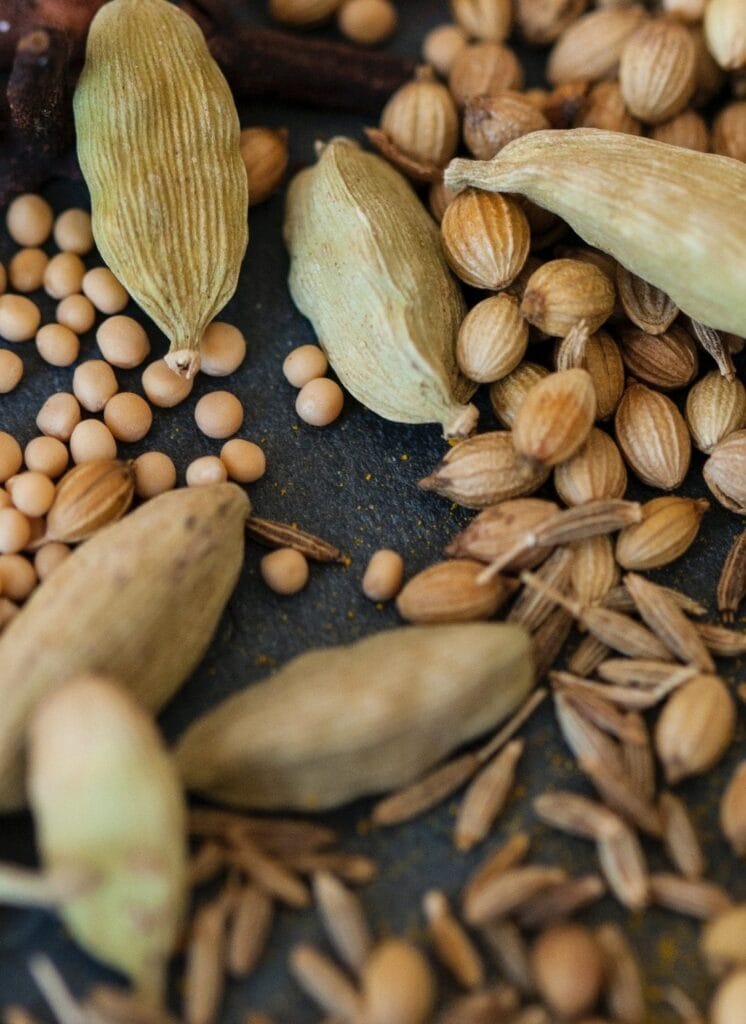This policy paper outlines ACT Alliance EU’s involvement in advocating for seed rights and supporting agroecology, the right to food, and farmers’ rights. It emphasises the significance of seed markets and systems in resilient agricultural systems and farmers’ choices. The focus is on the potential impact of the European seed policies review on marketing rules in developing countries.
Current campaigns and advocacy
The paper highlights ongoing campaigns against UPOV 1991 in trade deals, resistance to commercial seed market exploitation in Africa, and fights against criminalisation in Latin America. It notes that while breeder rights receive attention, seed marketing issues and the impact of the EU Organic Regulation (2018) are overlooked. The objective is to assess existing flexibilities in European seed laws that benefit local systems and extend these flexibilities to third countries.
Opportunities in EU seed reform
The paper discusses the upcoming EU seed legislation reform in 2021, driven by the European Green Deal and the Farm to Fork Strategy. The focus is on the potential market shift due to the EU Organic Regulation, estimating a new market worth 2 billion euros. The paper argues for policy space for local seed systems, both in the EU and the global South. This will enhance resilience and safeguard agrobiodiversity.
Relevance for the Global South
Seeds, essential for crop farming and food security, face challenges from the commercial seed breeding industry’s concentration. The paper emphasises the impact of EU trade policies on agrobiodiversity loss globally. While the industrial food chain contributes only 30% of the global food supply, 70% relies on smallholder farming and farm-based seed systems. The UNDROP, adopted in 2018, is highlighted as a crucial legal framework promoting peasants’ seed rights and emphasising the importance of policy space and control mechanisms.
Recommendations and Conclusion
The policy paper suggests that EU rules governing seed markets are inadequate for local and diversified seed systems. To align with UNDROP and support farmers, it recommends a more flexible interpretation of ‘commercial exploitation of seeds’ and enabling policies for marketing locally adapted varieties. The paper concludes that advocating for such flexibilities in European seed laws is strategic to protect farmers’ rights globally, emphasising the role of seeds in food security and climate adaptation.
